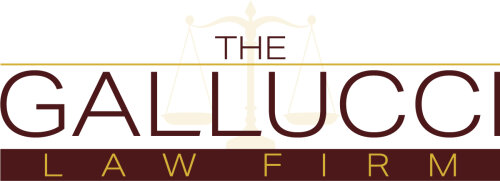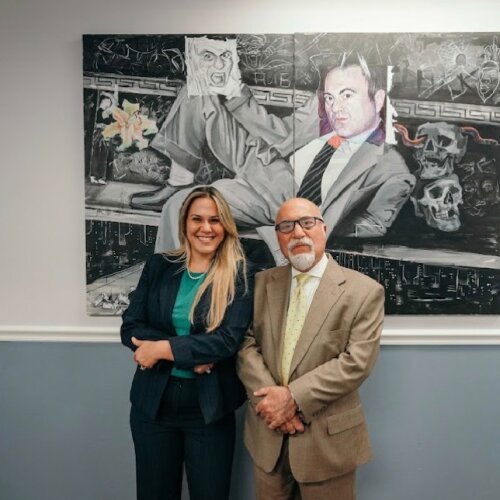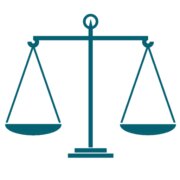Best DUI & DWI Lawyers in New York
Share your needs with us, get contacted by law firms.
Free. Takes 2 min.
Or refine your search by selecting a city:
List of the best lawyers in New York, United States
About DUI & DWI Law in New York, United States
Driving while intoxicated (DWI) and driving under the influence (DUI) are serious criminal offenses in New York. These laws are designed to reduce accidents caused by impaired driving, whether from alcohol, drugs, or a combination of both. New York uses specific terminology, most commonly referring to these charges as DWI, with related offenses such as driving while ability impaired (DWAI) and aggravated DWI. The consequences for these offenses vary depending on several factors, including blood alcohol content (BAC), prior offenses, and whether there was any property damage or injury.
Why You May Need a Lawyer
If you have been arrested or charged with a DUI or DWI in New York, it is important to seek legal help for several reasons. First, the legal process can be complex, and the consequences for a conviction can be severe, including license suspension, hefty fines, higher insurance rates, criminal records, and even jail time. A experienced lawyer can protect your rights, help you navigate court proceedings, and work to minimize penalties. Common situations where you may need legal assistance include repeat offenses, refusing a chemical test, being underage, or causing an accident while impaired. Additionally, a lawyer can review the circumstances of your arrest to ensure proper procedures were followed.
Local Laws Overview
New York's laws surrounding DUI and DWI set strict limits for drivers. The legal BAC limit is 0.08 percent for drivers 21 years and older, 0.04 percent for commercial drivers, and 0.02 percent for drivers under 21. The state distinguishes between DWI, aggravated DWI (BAC of 0.18 percent or higher), and DWAI, which can involve alcohol or drugs. New York follows an "Implied Consent" law, requiring drivers to submit to chemical testing if suspected of impaired driving. Refusal to submit to testing leads to automatic license suspension and fines. Penalties increase with aggravating factors, such as repeat offenses, high BAC levels, or injury or death resulting from impaired driving.
Frequently Asked Questions
What is the difference between DWI and DWAI in New York?
In New York, DWI stands for "Driving While Intoxicated" and typically applies for a BAC of 0.08 percent or higher. DWAI stands for "Driving While Ability Impaired" and can refer to impairment by alcohol (with a BAC of 0.05 to 0.07 percent) or drugs.
Can I refuse a breathalyzer or chemical test?
You can refuse, but refusal leads to automatic penalties, including license suspension and fines due to New York's Implied Consent law. Refusal may also be introduced as evidence in court.
What are the penalties for a first-time DWI in New York?
A first-time DWI can result in up to one year in jail, fines ranging from $500 to $1,000, and a six-month license revocation. Additional penalties may apply depending on the circumstances.
Will my New York DWI arrest show up on background checks?
Yes, a DWI conviction in New York is a criminal offense and will appear on most background checks, potentially affecting employment or housing opportunities.
Is it possible to get a DWI charge reduced or dismissed?
Depending on the circumstances and evidence, a defense attorney may be able to negotiate a reduction of charges or dismissal, particularly if there were procedural errors or insufficient evidence.
Can I drive after being charged with a DWI in New York?
Generally, your license will be suspended at arraignment, but you may be eligible for a conditional license that allows limited driving, such as to work or school, during your case.
What happens if I am under 21 and charged with DWI?
New York's "Zero Tolerance Law" applies to drivers under 21, setting a BAC threshold of 0.02 percent. Penalties can include license suspension, fines, required attendance at an alcohol education program, and other sanctions.
How long does a DWI stay on my driving record in New York?
A DWI conviction remains on your New York driving record for at least 15 years, but some records may remain for life, especially for repeat offenses.
Do I need a lawyer for a DWI or DUI charge?
While you are not required to have a lawyer, it is strongly recommended. A lawyer can protect your rights, help understand your options, and potentially mitigate penalties.
What if I was arrested for DWI while visiting New York from another state?
Non-residents charged with DWI in New York are subject to New York law, and any resulting penalties may also be reported to your home state. It is important to consult a lawyer familiar with both New York and your home state's laws.
Additional Resources
If you or someone you know needs assistance, the following resources provide information and support:
- New York State Department of Motor Vehicles (DMV) - Offers information about DWI offenses, penalties, and license issues.
- New York State Office of Alcoholism and Substance Abuse Services (OASAS) - Provides resources for counseling and treatment programs.
- National Highway Traffic Safety Administration (NHTSA) - Publishes educational materials and statistics on impaired driving.
- Local legal aid organizations - Many counties in New York offer legal aid services for those who qualify financially.
- Local bar association lawyer referral services - Can connect you with experienced criminal defense attorneys in your area.
Next Steps
If you are facing a DUI or DWI-related charge in New York, it is important to act quickly. Here are recommended steps:
- Do not discuss your case with anyone but your lawyer.
- Gather any relevant documentation, such as your arrest report or any correspondence from the court or DMV.
- Contact a qualified attorney who specializes in New York DUI and DWI cases. A lawyer can explain your rights, assess your options, and develop a defense strategy.
- Attend all court dates and, if ordered, complete any required alcohol education or treatment programs.
- Stay informed about your legal obligations and do not drive with a suspended or revoked license.
Lawzana helps you find the best lawyers and law firms in New York through a curated and pre-screened list of qualified legal professionals. Our platform offers rankings and detailed profiles of attorneys and law firms, allowing you to compare based on practice areas, including DUI & DWI, experience, and client feedback.
Each profile includes a description of the firm's areas of practice, client reviews, team members and partners, year of establishment, spoken languages, office locations, contact information, social media presence, and any published articles or resources. Most firms on our platform speak English and are experienced in both local and international legal matters.
Get a quote from top-rated law firms in New York, United States — quickly, securely, and without unnecessary hassle.
Disclaimer:
The information provided on this page is for general informational purposes only and does not constitute legal advice. While we strive to ensure the accuracy and relevance of the content, legal information may change over time, and interpretations of the law can vary. You should always consult with a qualified legal professional for advice specific to your situation.
We disclaim all liability for actions taken or not taken based on the content of this page. If you believe any information is incorrect or outdated, please contact us, and we will review and update it where appropriate.
Browse dui & dwi law firms by city in New York
Refine your search by selecting a city.

















